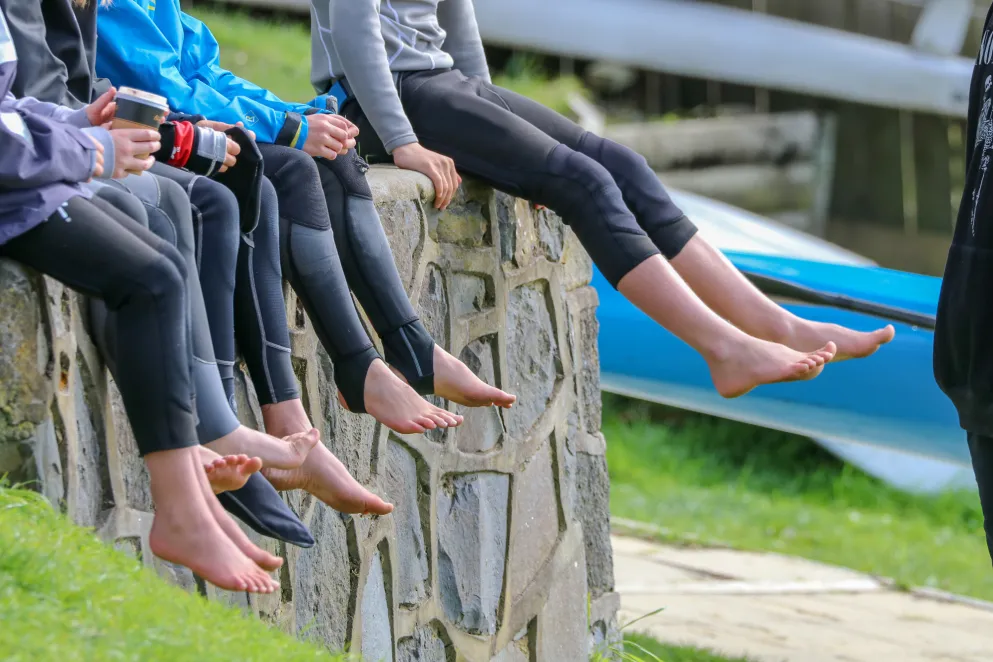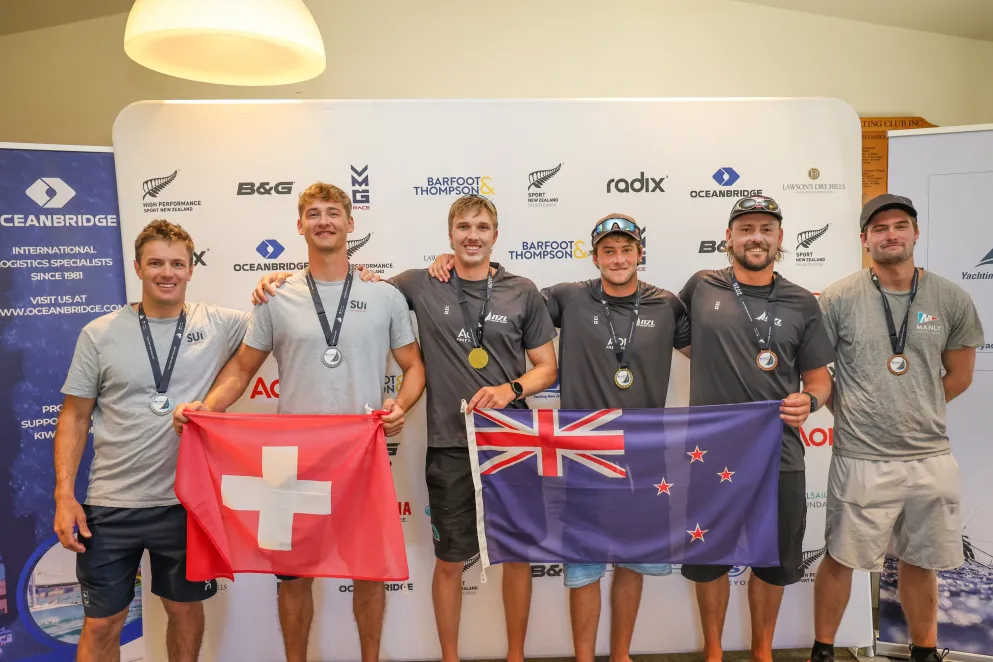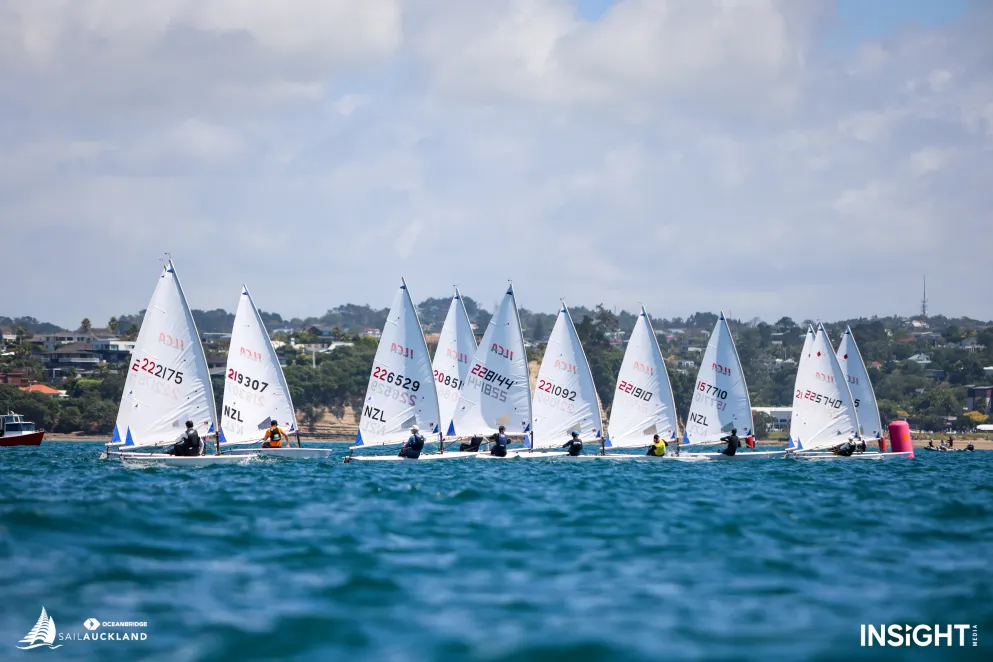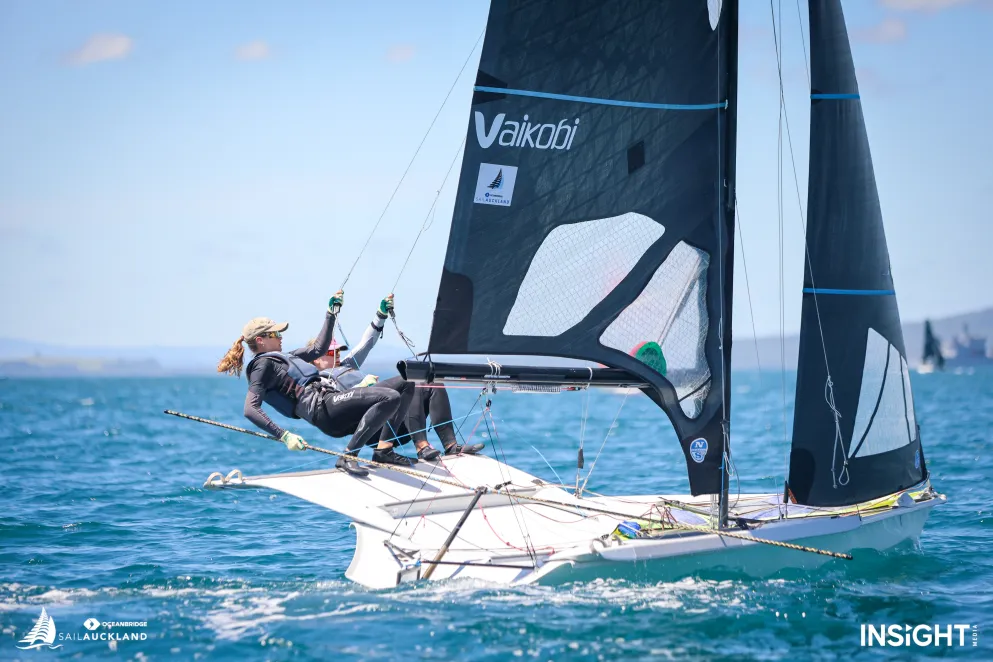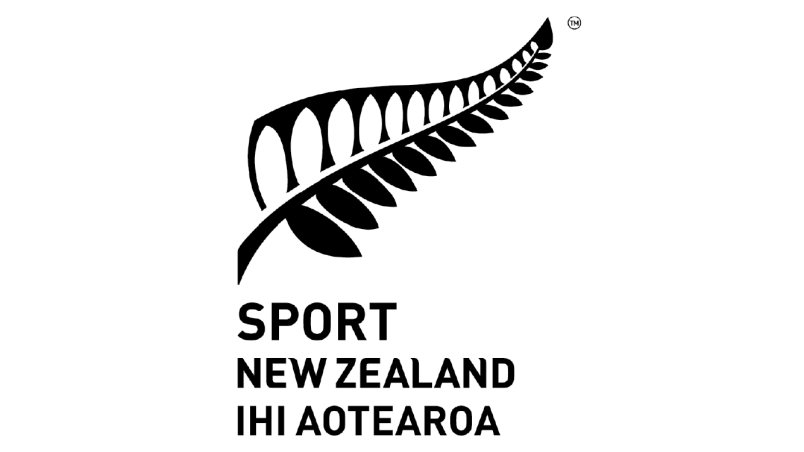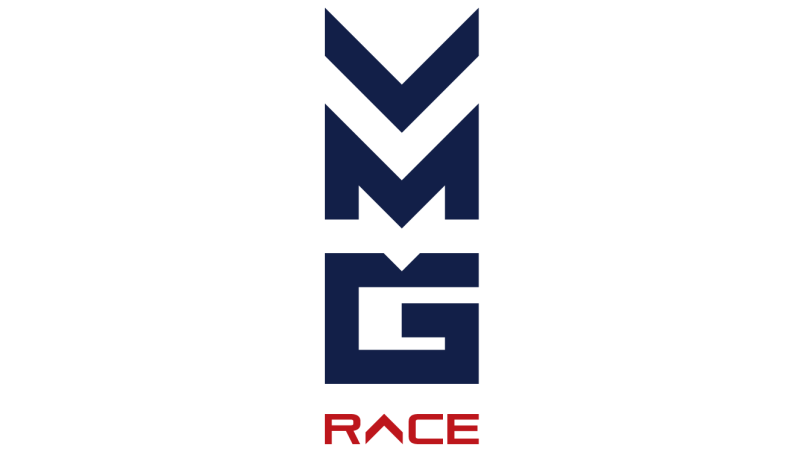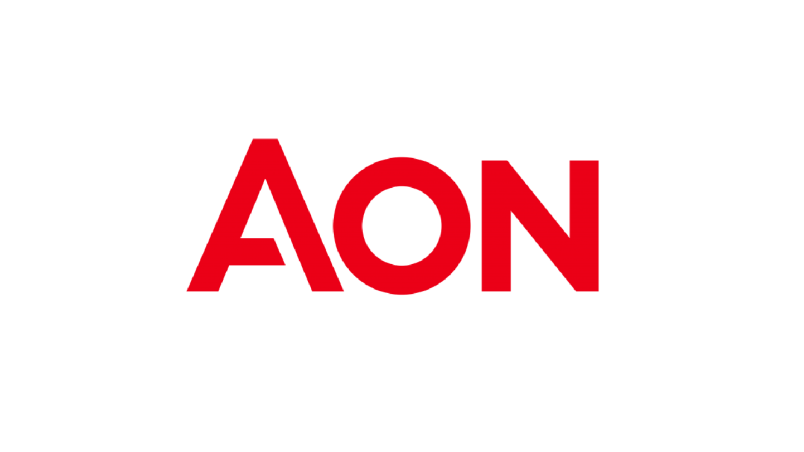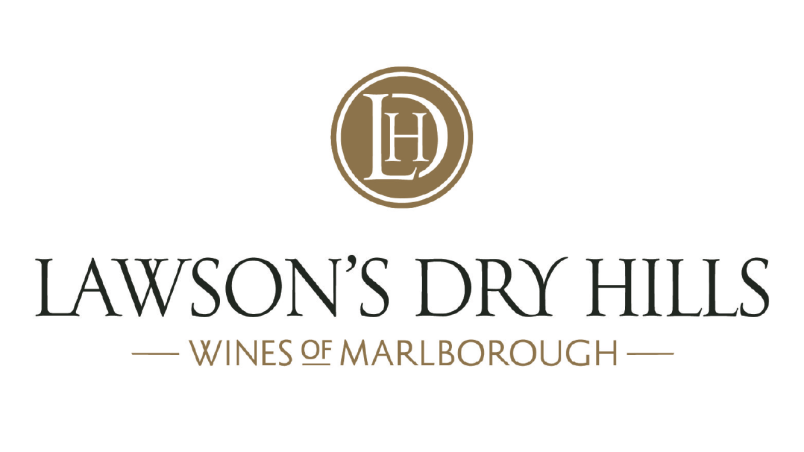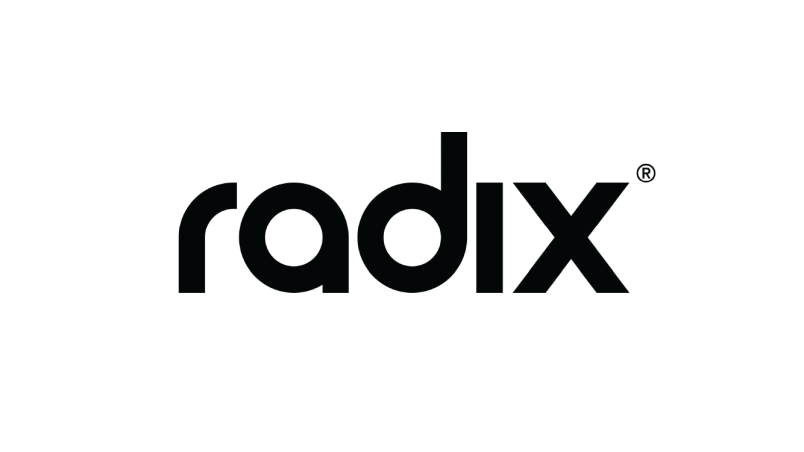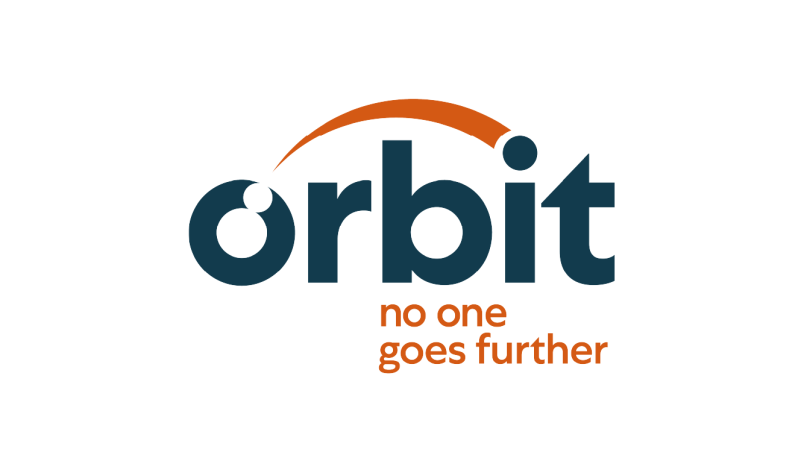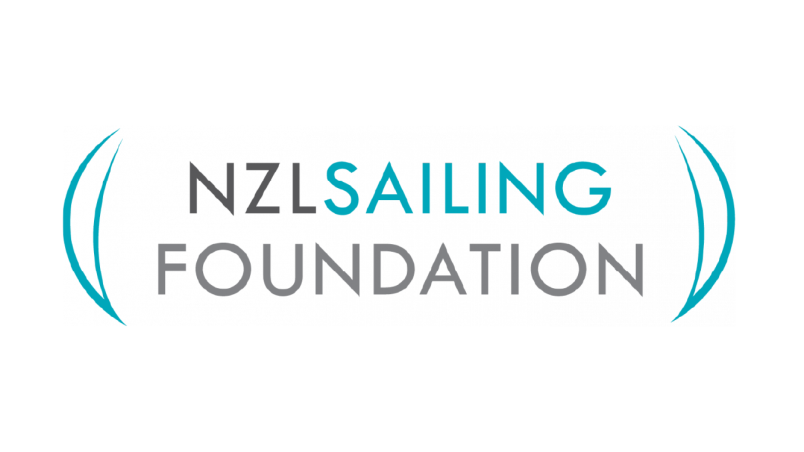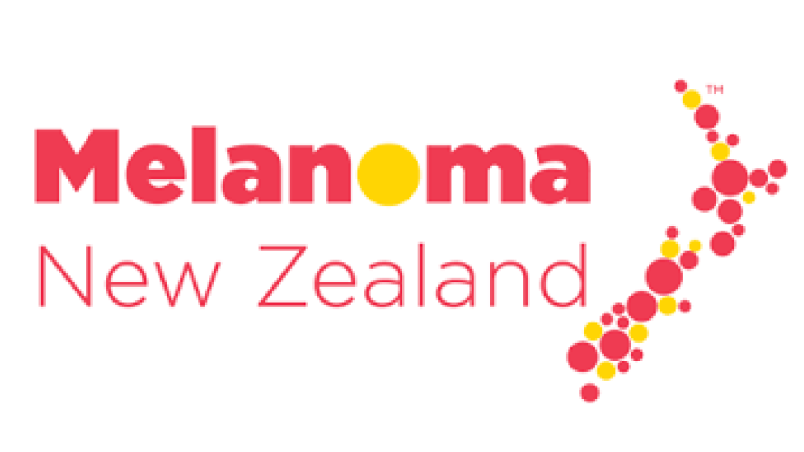Focus on protecting tamariki this Child Safeguarding Week
Warning: This article references child sexual abuse and may be upsetting. For information on support services and where to find help, scroll down.
Yachting New Zealand will work closely with club leaders from around the country in renewed efforts to help protect tamariki in their local communities this Child Safeguarding Week and beyond.
Raynor Haagh, Yachting NZ's national sport development director, said the organisation's four regional development managers will help clubs review their practices and assist in providing safeguard training to clubs in support of this year's campaign, running from September 4-10.
"Yachting New Zealand has embraced policies and practices that support and protect children and young people. We acknowledge that every person involved in Yachting New Zealand has a legal and moral responsibility to protect children and young people from abuse and neglect," Haagh said.
"Children and young people have a right to take part in sailing and boating at their local sailing venues in a safe environment and to receive the support they need if they are at risk or vulnerable."
Child Safeguarding Week was launched by Safeguarding Children in 2021 to raise awareness, support and educate individuals, organisations and communities on how they can protect children from abuse and neglect - every day of every week.
Organisers said this year's campaign is aimed at preventing child sexual abuse.
"In 2019, more than one in four girls and almost one in ten boys (Year 9-13 students) reported that they had been touched in a sexual way or made to do sexual things that they did not want to do. Due to increased risk factors and fewer protective factors some children are more vulnerable and are at increased risk of being sexually abused than the general population. This includes Māori, Pacific, Takatāpui/MVPFAFF/LGBTQIA+ and disabled children.
"Due to the grooming, stigma and shame often associated with sexual abuse, it is unlikely that those who have been abused will disclose their experience. If they do, it is often many years after the abuse has occurred. As a result, the statistics currently available only represent a portion of the sexual abuse taking place. We need to think about how we protect those groups and communities of children, tamariki, rangatahi."

For children being sexually abused, the negative social, economic, psychological, spiritual and health effects are detrimental and have long-term costs for individuals, families and whānau, communities, and society.
"We understand that child sexual abuse is a sensitive and difficult issue to talk about. Unless we talk about it as a nation and we step up as adults, fully embracing our responsibility to protect children and respond effectively when we suspect, or when a child discloses sexual abuse, we need to ask ourselves - can we live with the consequences?"
According to Haagh, Yachting New Zealand recently updated its Child Safeguarding Policy to align with that of Sport New Zealand.
All Sport NZ policies and procedures are available to all member clubs and can be found here.
Sport NZ also have online learning resources for club members, leaders, coaches and race officials around child protection and safeguarding. These are available through the Embark platform under the Sport NZ Catalogue.
"Every childhood is important, and every child and young person has the same rights to enjoyment, to have their views considered and to be free from abuse. All children and young people, regardless of their backgrounds have the right to access the support they need," she said.
"It is crucial all children and young people are in the care of safe and skilled adults at Yachting New Zealand who are supported, trained and guided by effective policies, procedures and standards."
As part of Child Safeguarding Week, club members are invited to attend a number of virtual events and access online resources by clicking here.
There are also a number of helpful resources available for parents and organisations, as well as information about identifying potential signs of sexual abuse in children.
Where to find help
If a child you know is in immediate danger, call the NZ Police on 111 without delay.
There are many organisations throughout New Zealand working to prevent or support those affected by child abuse and neglect. They are there to help or point you in the right direction for the type of support you need:
Sexual harm support services
